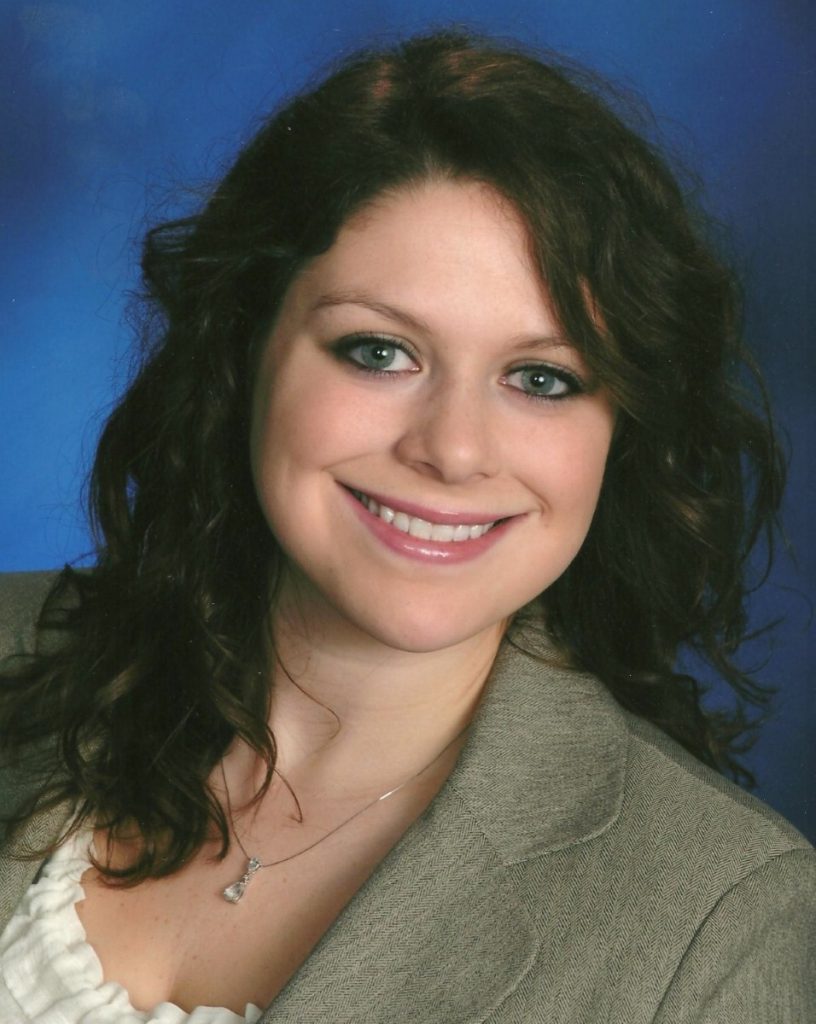Comment: Obama and Cameron’s nuclear opportunity
The president and the prime minister have a real chance to re-energise the conversation on nuclear disarmament this week.
By Rachel Staley
President Barack Obama will play host to prime minister David Cameron this week, as the prime minister arrives in Washington DC tomorrow for a two day summit with the US president. Their discussions will focus on pressing international issues such as the conflicts in Syria and Afghanistan, and the drumbeat of war over Iran's nuclear program.
However, this two-day meeting would be a good time for both leaders to think beyond Iran and consider their defence and military commitments to each other and to the rest of the world, including their role within the Nato alliance as nuclear weapon states.


The status of the special relationship is important at this time for both countries, which remain heavily committed to each other both politically and militarily in foreign and defense policies. Strengthening the transatlantic alliance will be favourable for Barack Obama, who faces the presidential election in November, and for David Cameron, who is serving to promote the public image of the United Kingdom in the run up to the Olympics this summer. It is important that both leaders use this time wisely to discuss emerging threats, the developing pressures that will ensue, and their responsibilities in these situations.
The most urgent issue right now is the Iranian nuclear program. The threat of a pre-emptive Israeli air strike against Iran's nuclear facilities is mounting after Israeli prime minister Binyamin Netanyahu announced last week in Washington that diplomacy and sanctions are not working and "none of us can afford to wait much longer" to act on Iran. Neither Barack Obama nor David Cameron wants an attack, especially prematurely, on Iranian nuclear facilities, so the two leaders will discuss the sanctions that are intended to ward off the Israeli threat and promote diplomatic action. But both leaders need to consider the results of such a military attack and the dangerous repercussions.
Thinking beyond Iran and about the future of the transatlantic alliance, one way that these countries could strengthen their relationship is to discuss their nuclear and defence priorities. It may be too optimistic to expect that in the next two days Cameron and Obama would discuss moves towards further nuclear reductions, evolving deterrence in the 21st century, or develop a systematic plan towards global nuclear disarmament, but the issue of nuclear sharing and extended deterrence may find its way into the conversation two months ahead of the Nato summit in Chicago.
Both countries are feeling a squeeze on budgets, especially on defence. The UK Trident nuclear deterrent remains dependent upon the United States, and Britain probably will not be able to afford a replacement system while retaining full spectrum conventional capability. Would the Americans value UK investment in its intelligence and special-forces capabilities rather than a semi-independent nuclear force that contributes little to US security? The United Kingdom needs to decide what kind of role the military should continue to play and the United States needs to consider the United Kingdom's function in the strategic partnership to maintain global security.
The association of their nuclear weapons programmes means that these two countries have the opportunity to set a global precedent by beginning to bilaterally reduce the salience of nuclear weapons in strategic terms with the eventual goal of disarmament in mind. The timing of this would play into the United Kingdom's 2015 decision on whether to replace its Trident system.
At the very least, however, it is important that both the United Kingdom and the United States envisage the future of the global alliances that they belong to, and begin to discuss the role of nuclear weapons within their special relationship.
Rachel Staley is BASIC's program support officer, based in London. Previously she worked with the Women's International League for Peace and Freedom and the Global Security Institute. Rachel holds an MA in Non-Proliferation and International Security from King's College London and a BA in International Affairs and Anthropology from Northeastern University.
The opinions in politics.co.uk's Comment and Analysis section are those of the author and are no reflection of the views of the website or its owners.









